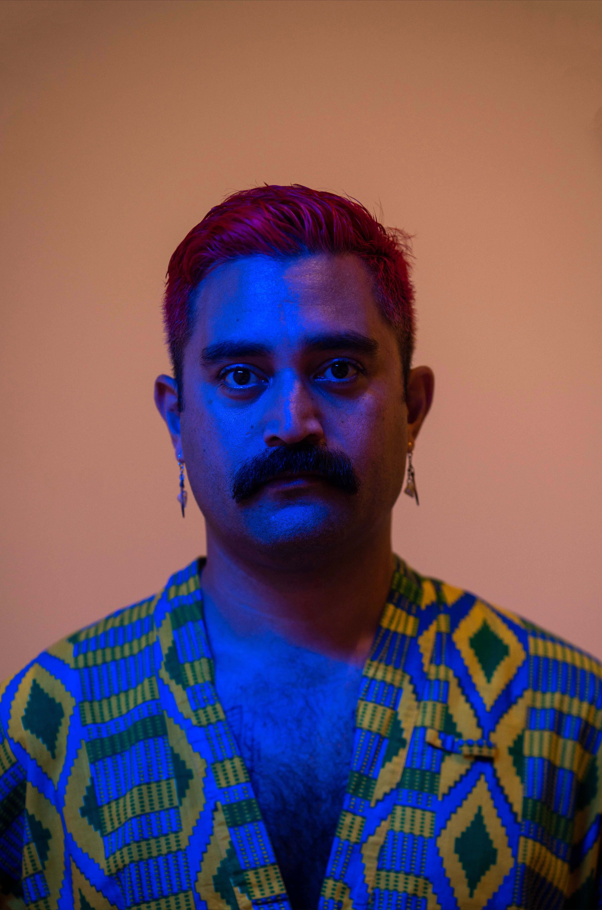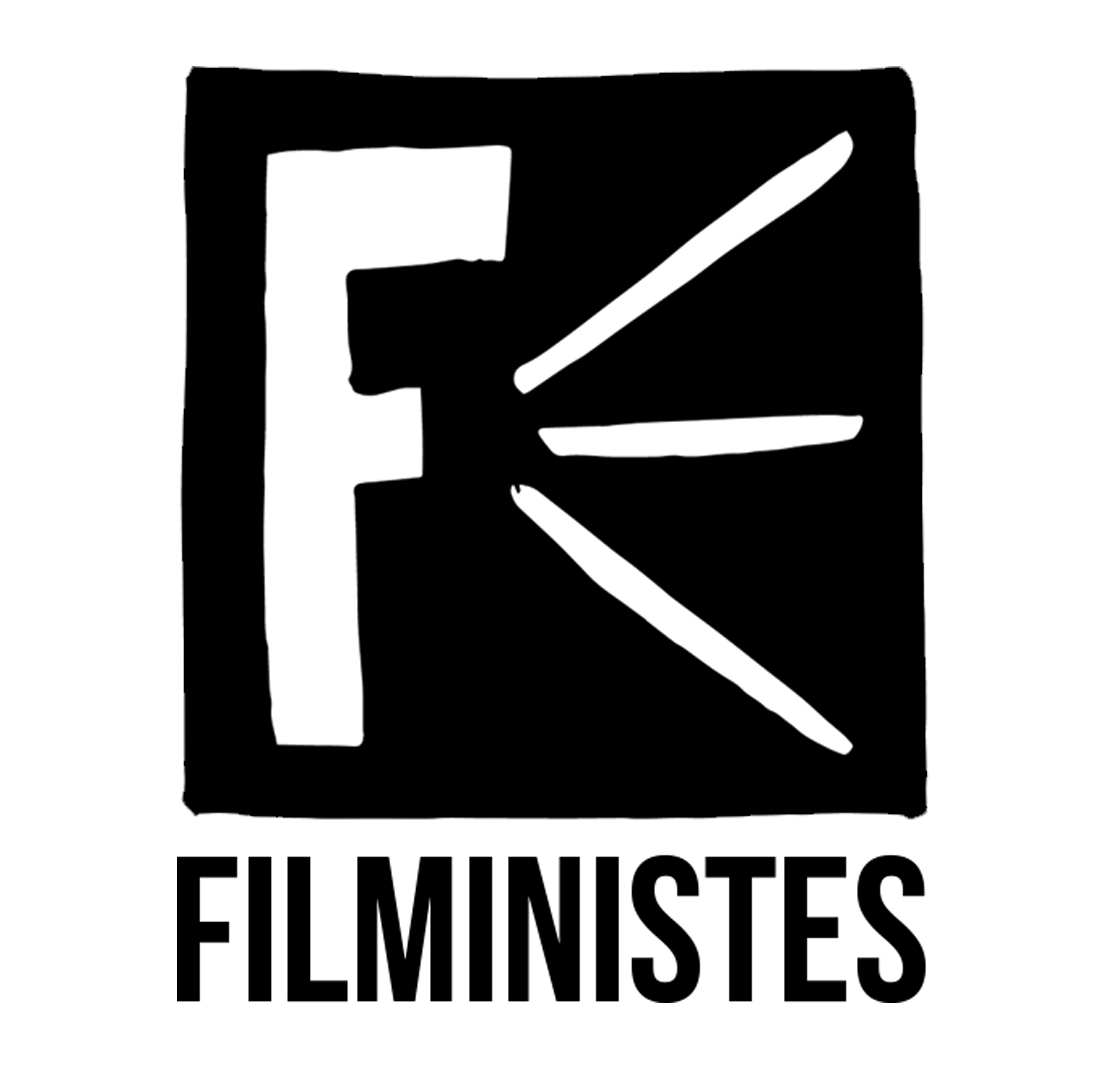Siapo viliata o le atumotu and other embodied stories from the living world
Léuli Eshrāghi’s video works celebrate Indigenous and queer joy and memory.
Description
Léuli Eshrāghi unveils their recent video works exploring Indigiqueer and embodied memory and joy, through their unique perspective as a Indigenous, Sāmoan, Persian, Cantonese, and European artist, poet, and curator. The artwork will then be discussed in a bilingual exchange with Nayla Naoufal.
Léuli Eshrāghi’s artistic, critical and curatorial practice prioritizes global Indigenous, Asian and Black visuality, sensual and spoken languages, and ceremonial-political practices. They are also the Curator of Indigenous Arts at the The Montreal Museum of Fine Arts (MMFA).
Léuli Eshrāghi
Léuli Eshrāghi (they), b. 1986 in Yuwi Country, belongs to the Seumanutafa and Tautua clans of the Samoan archipelago, and lives and works in Tiohtià:ke / Mooniyaang / Montreal. Their artistic, critical and curatorial practice prioritizes global Indigenous, Asian and Black visuality, sensual and spoken languages, and ceremonial-political practices. Eshrāghi has presented major works at the Staatliche Kunsthalle Baden-Baden, Museum of Contemporary Art Australia, Tate Modern, Queensland Art Gallery | Gallery of Modern Art, Galerie de l’Université de Montréal, Musée régional de Rimouski, and Australian Centre for Contemporary Art, among others. They have notably exhibited as part of the biennials, The National 4: Australian Art Now (2023), MOMENTA Biennale de l’image: Sensing Nature (2021), 22nd Biennale of Sydney: NIRIN (2020), and Sharjah Biennial 14: Leaving the Echo Chamber (2019). Their work is held in the Royal Bank of Canada (Warrang/Tsi Tkaró:nto) and Fonds régional d’art contemporain (Carquefou/Nantes) collections, and in private collections in Australia, Canada, and Norfolk Island.

Festival Filministes
The Festival Filministes is a feminist film festival based in Tiohtià:ke (Montreal), dedicated to screening recent documentaries, shorts and fiction films. The project’s mission is to showcase films and filmmakers from here and abroad, while creating spaces for discussion intended for audiences of all kinds. Screenings are followed by discussions with guests from a variety of backgrounds, who offer a critical and feminist look at the issues raised by the films.
MAI (Montréal, arts interculturels)
Founded in 1999, MAI (Montréal, arts interculturels) is a non-profit organization that supports the development, creation, presentation and promotion of intercultural arts for a variety of audiences. MAI’s programming promotes hybrid and innovative practices in dance, theatre, visual arts, speech arts, performance, music and arts, while building bridges between artists and local communities through its Public + program.
With
Léuli Eshrāghi

